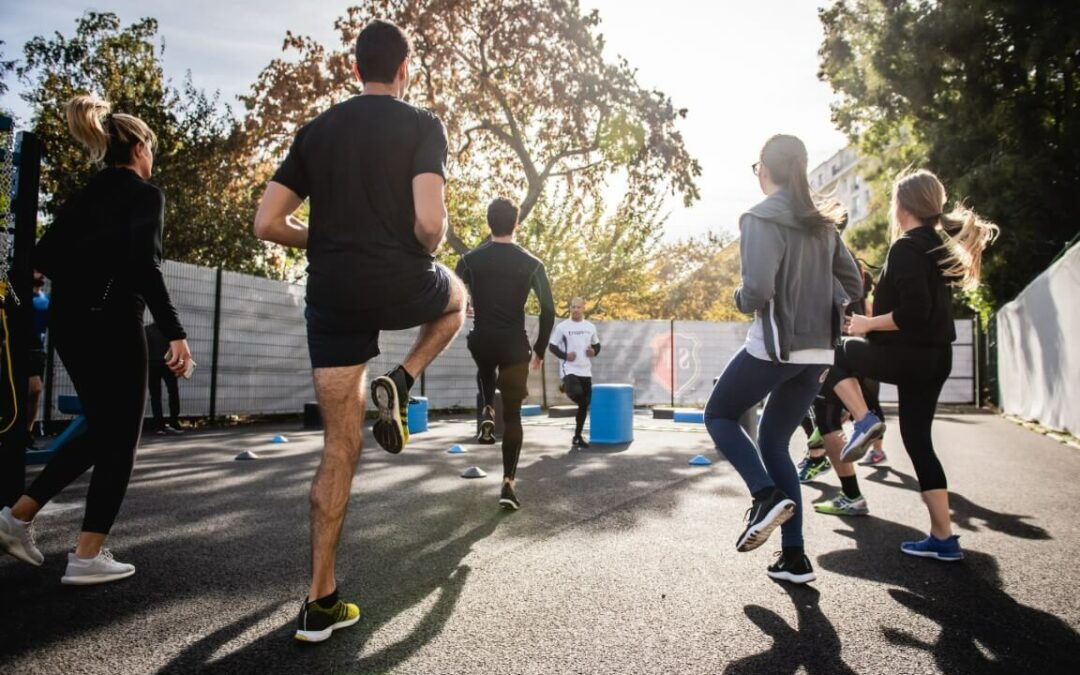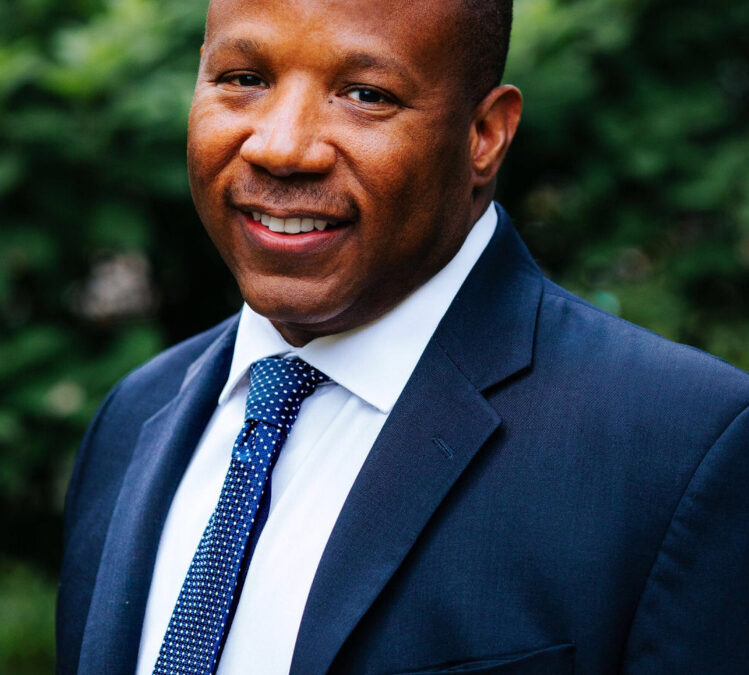As the business world gingerly opens its doors after an unprecedented period of lockdown that has now surpassed the 100-day mark, many of us are preparing to return to work with no real idea what to expect.
Human beings are wired to seek comfort in the familiar. However, familiarity is in short supply these days. Although we may be returning to the same physical building, there are likely to be a range of enforced changes that will have an impact on how we feel when we walk through those doors for the first time in months.
Natural Emotions
The fact is that many of us still feel unsafe and not yet ready to return to work. Irrespective of the steps companies have taken to protect their employees, the threat of the virus is still very much with us, and we may be experiencing a range of unsettling emotions at the prospect of being back in our old working environment.
The fear for our own safety combined with the uncertainty as to what to expect, is likely to result in an increase in stress and anxiety. There is also the issue of the restriction of our autonomy. We simply won’t feel the same sense of freedom in the workplace that we did previously. The necessary measures that will have been put in place may well feel like a restriction of freedom. This can trigger a range of emotions from anxiety to anger.
Therapist comments
According to Khody Damestani, leading therapist and co-founder of mental fitness business, MyMindPal:
“Your mind and your body might be behaving in unpredictable ways as you return to the workplace.”
“Spending a few minutes a day working on your mental fitness can help your brain to register feelings of safety as well as building the resilience that will help you to adapt to the new work environment.”
Another basic human need that will be threatened in the new workplace reality is our desire to connect with others.
“Social distancing won’t permit the close proximity that allows us to feel rapport, safety and comfort with our colleagues,” added Khody.
“Social interactions in general may feel quite different in this new environment as we all do our best to adjust and adapt.
“I can’t emphasize enough how important it is to work on our mental fitness, especially in the current environment.”









